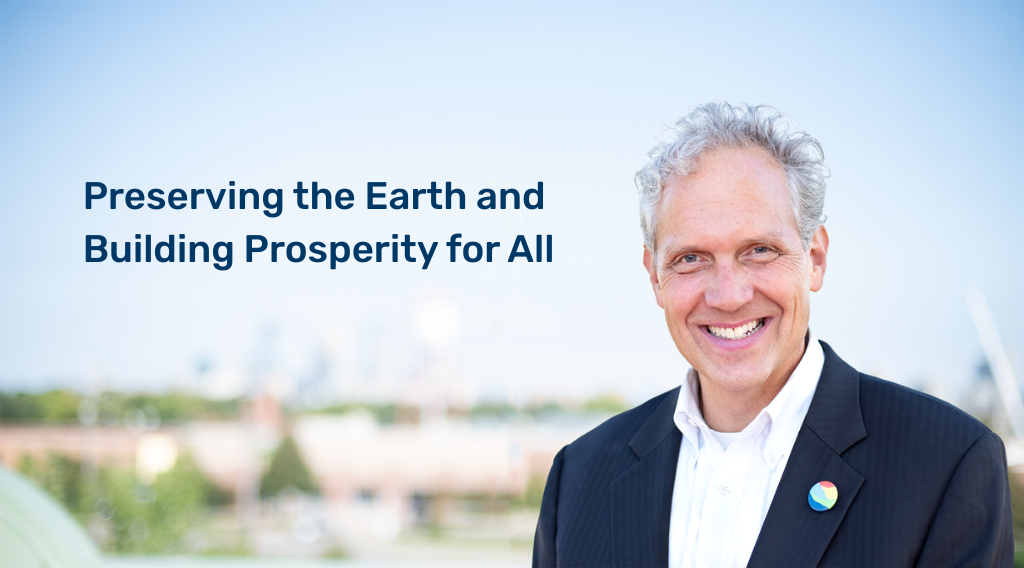
An equitable energy transition is a moral necessity. Implementing equitable climate solutions is not just the right thing to do; it is essential to achieving our goals. Climate change and racial inequities often are discussed as if they were separate issues. In truth, they are deeply intertwined.
Climate change is impacting all of us, but we will not all experience its repercussions at the same rate or severity. Black, Indigenous, and people of color (BIPOC) and low-income communities are already disproportionately impacted by climate change and pollution. Meeting BIPOC and low-income communities’ needs must be at the forefront of our approach.
The solutions we enact in the next few years will have long-term consequences on whether climate change can be slowed, helping the most vulnerable people most. Implementing solutions that these communities identify as best to meet their needs benefits everyone.
Electric vehicles and electrified mass transit will, for example, have the most direct positive impact on people who live near highways and rely on mass transit, but cleaner air will make our cities and suburbs more habitable for all and will slow the rate of global warming.
Large-scale climate solutions will indirectly benefit everyone to some extent, but that alone is insufficient. The needs of people who are already severely impacted by climate change must be centered in plans and programs. First of all, it is the ethical thing to do. Second, the equitable sharing of the benefits will bring more talent to bear in solving our tough energy challenges. And lastly, if we are to succeed, we need approaches that are broadly backed. Co-creating solutions with frontline communities will ensure that approaches incorporate the perspectives of people who have been left out of dominant conversations.
GPI strives to contribute to a just energy transition where the benefits of clean energy are shared widely and support people who otherwise are at risk of facing undue burdens. In order to be just, the clean energy transition must provide both economic and environmental benefits to many communities, such as rural fossil fuel communities and low-income urban communities located near industrial facilities that pollute their neighborhoods.
A gift to GPI supports expanding our approach to solving the climate crisis. Double the impact of your donation by giving to What the Future Needs by June 30.


